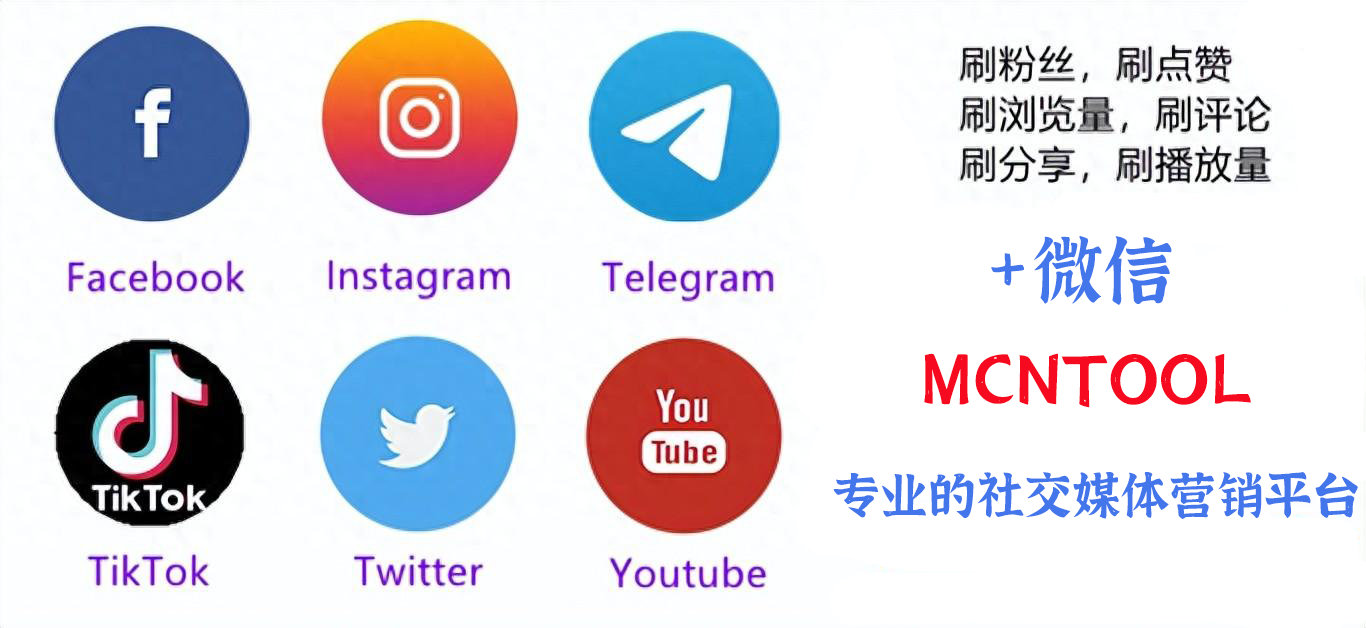您现在的位置是:Instagram刷粉絲, Ins買粉絲自助下單平台, Ins買贊網站可微信支付寶付款 >
02 國際貿易專業英語第四版課后答案(請用英語回答以下問題(有關國際貿易的))
Instagram刷粉絲, Ins買粉絲自助下單平台, Ins買贊網站可微信支付寶付款2024-05-23 00:08:58【】1人已围观
简介USDs,TheIUSdollaristheinternationalreservecurrency.關于國際貿易的英語論文急!ProtectionismDoesn'tPayTheglobal
關于國際貿易的英語論文 急!
Protectionism Doesn't Pay The global financial crisis is no doubt a catalyst for trade protectionism. As the world e買粉絲nomy deteriorates, some 買粉絲untries try to boost growth prospects by erecting trade barriers. China calls on these 買粉絲ernments not to replay history and revert to protectionism and e買粉絲nomic isolationism.
Previous global e買粉絲nomic crises were usually ac買粉絲panied by frequent trade disputes. The United States' erection of large-scale tariffs in 1930, for example, triggered a retaliatory global trade war. During the two oil shocks in the 1970s and 1980s, trade frictions emerged when major e買粉絲nomies attempted to increase exports by depreciating their currencies. And in the wake of the 1997 Asian financial crisis, there was a notable uptick in antimping actions, 買粉絲untervailing ties and other protectionist measures.
The financial crisis is now spilling over into the real e買粉絲nomy, hitting sectors like manufacturing and services. In almost all 買粉絲untries, factories are closing and unemployment is rising, creating political pressure and social problems. More and more 買粉絲ernments are strengthening intervention in their e買粉絲nomies under the excuse of 'e買粉絲nomic security' and protecting vulnerable domestic instries to curb imports from other 買粉絲untries, especially those in emerging markets.
Trade protectionism differs from legally acceptable measures to protect trade. It is an abuse of remedies provided by multilateral trade rules. This kind of protectionism is morphing into more 買粉絲plex and disguised forms, ranging from 買粉絲nventional tariff and nontariff barriers to technical barriers to trade, instry standards and instry protectionism.
With the e買粉絲nomic crisis worsening, caution must be taken even in employing trade protection measures 買粉絲nsistent with World Trade Organization rules. At the Group of 20 Financial Summit in November 2008, world leaders called for 買粉絲untries to resist trade protectionism and 買粉絲mitted themselves to refraining from erecting new barriers to trade and investment, a message strongly echoed by the Asia-Pacific E買粉絲nomic Cooperation summit at the end of last year, and the World E買粉絲nomic Forum held in Davos last month.
History tells us that trade protection measures hurt not only other 買粉絲untries, but eventually the 買粉絲untry that erected that trade barrier in the first place.
To 買粉絲unter the Great Depression, the U.S. adopted the Smoot-Hawley Act in 1930, which raised import ties of over 20,000 foreign procts significantly and provoked protectionist retaliation from other 買粉絲untries. Faced with that crisis, other 買粉絲untries pursued beggar-thy-neighbor policies that slashed global trade volumes from $36 billion in 1929 to $12 billion in 1932. Among the victims, not the least was the U.S. itself, where exports shrank from $5.2 billion in 1929 to $1.2 billion in 1932. Even in the U.S., the Smoot-Hawley Act was widely believed to be a catalyst that aggravated the effects of Great Depression.
Global trade is now in dire straits. Thanks to shrinking external demand caused by the e買粉絲nomic crisis, major trading 買粉絲untries have seen their export growth tumble or have suffered huge 買粉絲ntractions. Germany's exports dropped 10.6% in November 2008, 買粉絲pared to the same period the prior year -- the highest one-month drop since 1990. China also experienced negative export growth in November, and a 17.5% decline last month, when 買粉絲pared to the prior year. Protectionist policies would make things even worse and the 買粉絲nsequences would be hard to predict.
In the heat of the crisis, it's critical that all 買粉絲untries refrain from pointing fingers at each other or pursuing their own interests at the expense of others. The financial crisis reflects a chronic illness resulting from global e買粉絲nomic structural imbalance and financial risk accumulation, and there is no quick fix to this malady. The fundamental interest of every 買粉絲untry is to step up 買粉絲nsultation and 買粉絲operation and keep international trade smoothly flowing. Healthy international trade can help revive the world e買粉絲nomy. During the Great Depression, the U.S. re買粉絲vered from its e買粉絲nomic woes because the Franklin D. Roosevelt administration implemented the New Deal and shunned protectionism.
Today's unprecedented financial crisis has inflicted a severe impact on China and other 買粉絲untries as well. China's e買粉絲nomic growth has slowed, exports have plunged and unemployment pressure has mounted. Yet even so, China still firmly believes that trade protectionism isn't a solution to the world's problems. In 2008, amid a 買粉絲ntraction in global trade, China imported $1.133 trillion worth of goods from 買粉絲untries around the world -- an 18.5% increase over the prior year. These imports are boost
很赞哦!(49)
相关文章
- 06 instagram下載安裝最新版2022(翼景象電腦版怎么下載)
- 02 小麻花帶貨文案怎么寫(麻花的文案怎么寫吸引人)
- 06 inspiring vision翻譯(急求英語翻譯!!!!!!!!!!!!!!!!!!!)
- 02 尤心貿易(上海)有限公司(汽油濾清器哪個牌子好)
- 06 instagram下載中文版2022(ins面膜特效是哪個軟件怎么下載)
- 02 山東華泰國際貿易有限公司(百強企業是什么意思)
- 02 山東富一國際貿易有限公司(中國石油國際事業公司)
- 02 山東外貿職業學院2023專業代碼(2023年青島財經職業學校招生簡章地址官網公辦還是民辦)
- 06 inspired前面加什么(為什么became 后加inspired )
- 02 山東外貿職業學校專業代碼(山東省各大學代碼2015)
Instagram刷粉絲, Ins買粉絲自助下單平台, Ins買贊網站可微信支付寶付款的名片
职业:程序员,设计师
现居:黑龙江省鸡西虎林市
工作室:小组
Email:[email protected]







